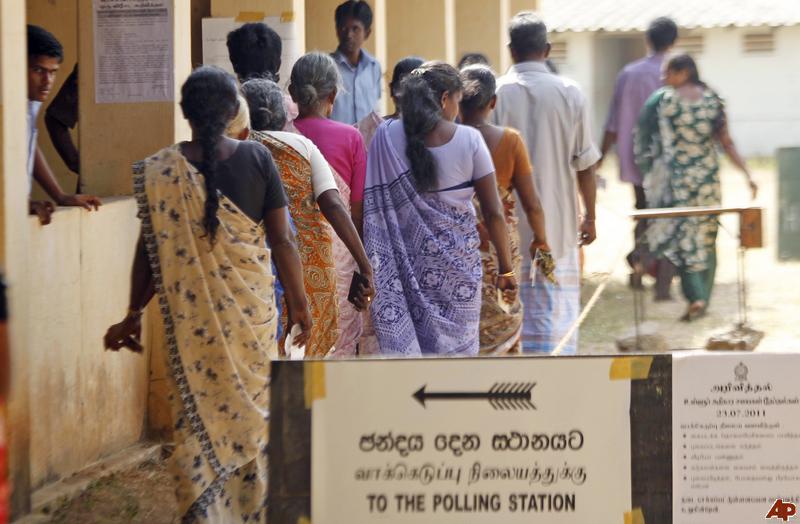SRI LANKA: CPA CHALLENGES THE TWENTIETH AMENDMENT TO THE CONSTITUTION BILL

Second, CPA contends that the Bill violates Article 3 of the Constitution. Article 3, which affirms the sovereignty of the people, recognises that the franchise is a part of that sovereignty. After the Thirteenth Amendment introduced devolution, this includes the right of citizens in the nine Provinces to elect a Provincial Council of their choice. The Bill negatively affects the people’s franchise because it transfers to Parliament the power of a Provincial Council to decide when that Council should be dissolved. As a result, it delays the opportunity of citizens in Provinces whose Provincial Council terms end before the “specified date” in the Bill, to vote for a new Provincial Council until then. Equally, the mandate citizens have given to Provincial Councils whose terms end after the “specified date” in the Bill is cut short by the Bill.
Following on from this, CPA further argues that the Bill may infringe Article 10 of the Constitution which affirms the freedom of thought and conscience. The Bill would restrict the ability of citizens in certain Provinces to exercise choice as their thought and conscience may dictate at a Provincial Council election. The combined effect of the Bill’s infringements of Articles 3 and 10 is a derogation of the people’s sovereignty by taking away their franchise, and consequently, a violation of their freedom of thought and conscience. The Constitution does not permit any restrictions to be placed on the freedom of thought and conscience.
CPA wishes to emphasise that, beyond its legal defects, the Bill represents a departure from several of the government’s stated promises. First, it creates the perception that Provincial Council elections are being delayed for politically expedient reasons as the government is postponing facing the electorate. This runs counter to the government’s promise to uphold democracy and respect the will of the people, and to facilitate the electoral process in a non-partisan manner.
The Bill also backtracks on devolution by taking away the power of Provincial Councils. This contradicts the government’s promise to ensure maximum devolution within a unitary state. The Bill undermines the Thirteenth Amendment and proceeding with it would call into question not only the government’s commitment to devolution, but also its political integrity, and its commitment to democracy.
